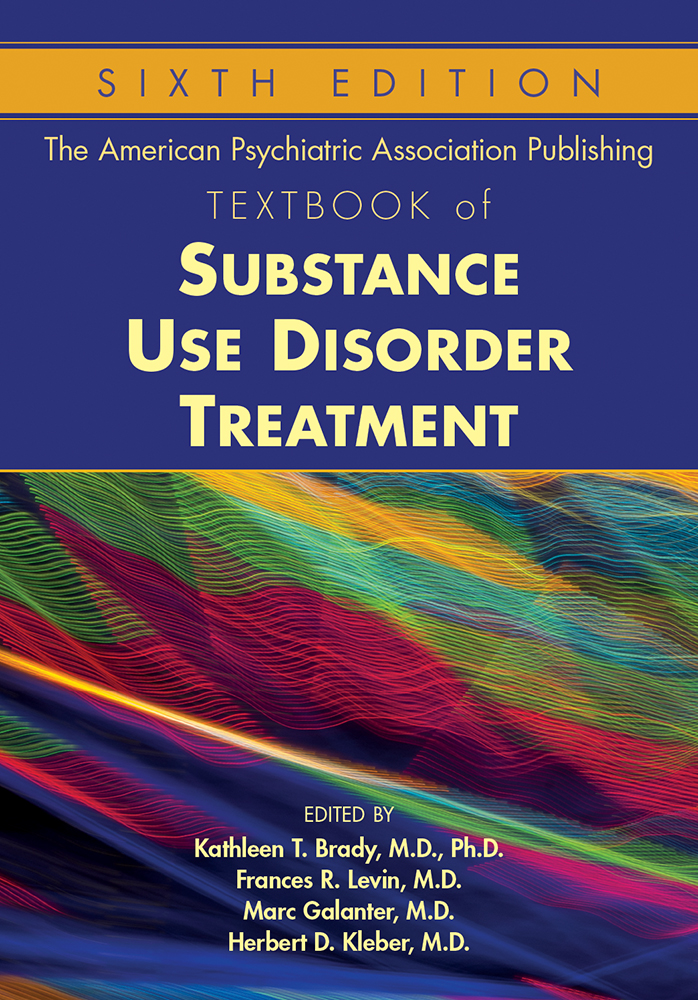Chapter 28.Network Therapy
Sections
Excerpt
Psychotherapy for people dependent on alcohol and other drugs presents unique problems for the office-based practitioner. Among these are the ever-present vulnerability to relapse to substance use and the high dropout rates. To address these problems, therapists can consider how engaging the input of people close to an addicted person can help in achieving a stable abstinence and dealing with the vulnerability to dropout from treatment. As I discuss in this chapter, the input of people close to the patient can help to reveal triggers to drug use that may not be apparent to the patient. For willing patients, or ones who have family and friends who can cooperate, the Network Therapy approach can be most valuable.
Access content
To read the fulltext, please use one of the options below to sign in or purchase access.- Personal login
- Institutional Login
- Sign in via OpenAthens
- Register for access
-
Please login/register if you wish to pair your device and check access availability.
Not a subscriber?
PsychiatryOnline subscription options offer access to the DSM-5 library, books, journals, CME, and patient resources. This all-in-one virtual library provides psychiatrists and mental health professionals with key resources for diagnosis, treatment, research, and professional development.
Need more help? PsychiatryOnline Customer Service may be reached by emailing [email protected] or by calling 800-368-5777 (in the U.S.) or 703-907-7322 (outside the U.S.).



